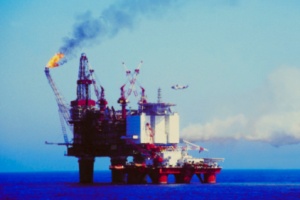 Although the ability of the oil industry to respond effectively to a spill has substantially improved – largely due to lessons learned by the industry and tougher government regulations – the job of ensuring safety is far from finished.
Although the ability of the oil industry to respond effectively to a spill has substantially improved – largely due to lessons learned by the industry and tougher government regulations – the job of ensuring safety is far from finished.
That’s the conclusion of the Oil Spill Commission Action (OSCA), an outgrowth of the National Commission on the BP Deepwater Horizon Oil Spill and Offshore Drilling, which President Obama established in response to the explosion of the Macondo well in the Gulf of Mexico on April 20, 2010.
“The risks will only increase as drilling moves into deeper waters with harsher, less familiar conditions. Delays in taking the necessary precautions threaten new disasters, and their occurrence could, in turn, seriously threaten the nation’s energy security,” OSCA in a recent report.
OSCA is an outgrowth of the National Commission on the BP Deepwater Horizon Oil Spill and Offshore Drilling, which President Obama established in response to the explosion of the Macondo well in the Gulf of Mexico on April 20, 2010. At the President’s direction, the Commission undertook an extensive investigation to determine the root causes of the disaster and evaluate the responses to the oil spill. The President also asked the Commission to recommend reforms to minimize the risk that such a disaster would ever again occur.
Congress, Obama come under fire
The report criticized Congress for failing to codify improvements in offshore oil operational safety that have been made administratively.
Another target of criticism: the man who established the commission.
While various federal agencies like the Bureau of Safety and Environmental Enforcement (BSEE) and the Bureau of Ocean Energy Management have taken steps toward implementing recommendations OSCA made earlier, the commission says President Obama has, in effect, dropped the ball.
From the report:
“The Department of the Interior (DOI) agencies responsible for offshore drilling continues to implement many of the Commission’s recommendations, albeit at a slower rate than the department demonstrated during the first year after the spill. The Bureau of Safety and Environmental Enforcement (BSEE) did finalize of one of the interim rules issued during this first period of activity. Although BSEE had planned to issue three new proposed rules during 2012, only the revision to the safety and environmental management rule has been released.
“On the positive side, they are improving the quality of their offshore safety inspections and increased the number of inspections in the Gulf by about 15 percent. The Bureau also assigned a full-time inspector to monitor the Shell drilling rig in the Arctic.
“The Bureau of Ocean Energy Management, the other half of the DOI offshore management program, has improved the quality of the environmental impact statements it conducts before opening new areas to release, but has not formally incorporated these procedures into its National Environmental Policy Act procedures.
“In the Arctic, all the responsible agencies are working effectively together to conduct important research, develop an integrated planning process for determining where new leases should be considered, and coordinate their regulatory activities. Across the board, the interagency cooperation and coordination has markedly improved.”
Unfortunately, the Executive Office of the President seems to be paying less attention. As a result, proposed regulations are getting hung up and decisions postponed.”
Oil industry has made progress
The oil industry and industry associations were recognized for their efforts to improve the safety of offshore drilling and the industry’s ability to respond to any spills that do occur.
“Individual companies are adopting internal operating procedures that should significantly increase safety, and industry associations are developing numerous improved standards that govern the operations of their members.”
OSCA also noted that the industry has significantly expanded the quality and quantity of the equipment needed to respond to a spill.
“This includes, for instance, having three well capping systems available in the Gulf available to all companies (BP has a fourth system for its own use), as well as beginning the process of locating four more in other regions of the word where offshore drilling occurs. At the time of the Deepwater Horizon spill, none of this existed. Similarly, the spill response organizations have substantially increased the amount and quality of available equipment, from response ships to collection booms.”
Nonetheless, OSCA says it remains concerned about the long-term viability and independence of the industry’s Center for Offshore Safety.
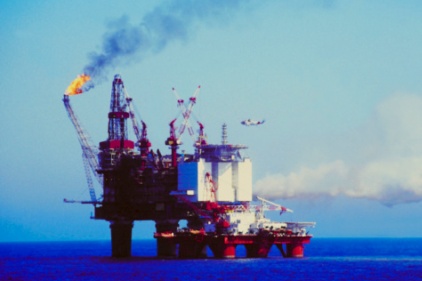



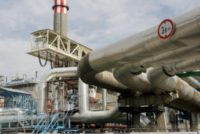
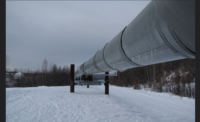
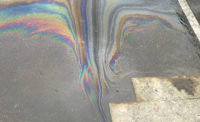

.jpg?t=1721257160)